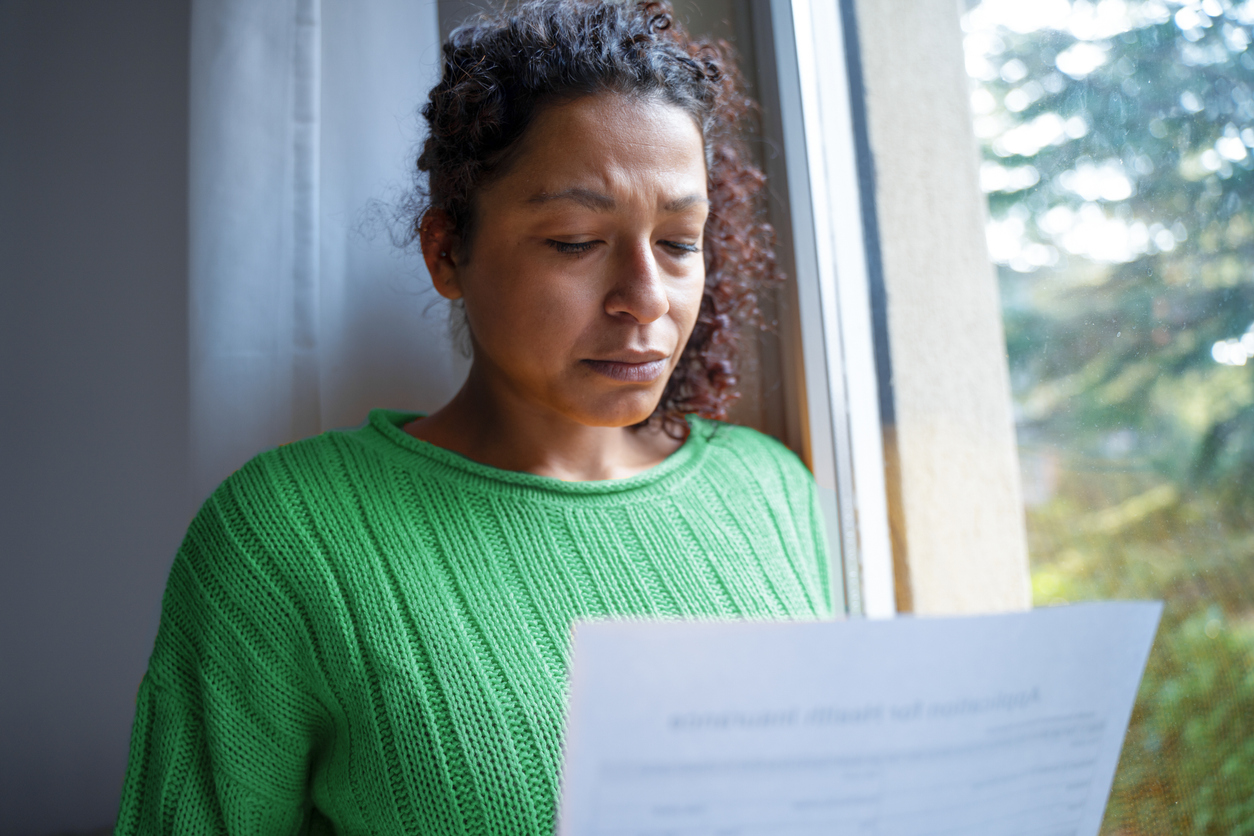People who have fallen behind on their debts or loan payments frequently worry that their property may be taken away from them. Repossession can be an embarrassing and stressful situation. However, debtors can rest easy knowing that not all assets are subject to repossession. The Dallas Bankruptcy Attorneys at Toronjo & Prosser Law advise consumers on all facets of debt relief, including ways to avoid repossession and how to respond if a property was wrongfully repossessed.
What is Repossession?
Repossession occurs when a creditor takes property that has been put up as collateral after the borrower defaults on a secured loan. A debt is secured if a specific item of property is used to guarantee repayment of the loan. When a debtor defaults on a secured loan, that is, one that is backed by collateral, the lender can take possession of the collateralized property from the debtor.
Repossessions are a form of “self-help”, meaning that the creditor may take possession of the property item without the need for a court order. Many states allow for the entry of private property to complete a repossession as long as it is done without breaching the piece. If doing so peacefully is not feasible, the creditor will have to obtain a court order requiring that the property be turned over. This is called a replevin action.
What types of property can be repossessed?
Creditors can repossess any property that is attached to a loan. The most common types of property that are subject to repossession include the following:
- Motor vehicles
- Homes
- Rent-to-Own properties
Car loans typically use the vehicle as collateral for the loan. If the borrower defaults on the car payments, the lender can repossess the vehicle. The lender is typically a bank, a credit union, or a car dealership, and may repossess the vehicle after missed payments and a grace period, even without a court order and without giving the borrower any advance notice. After repossession, the lender will sell the vehicle to recover the amount owed by the borrower. If the proceeds from the car sale is less than the outstanding loan balance, the borrower will be responsible for making up the difference plus repossession expenses.
Home loans are secured by the mortgaged property. If the borrower defaults on the mortgage payments and is unable to obtain some form of debt relief, the lender can foreclose upon and take possession of the home. The lender will then conduct a foreclosure sale to recoup the amount owed. The borrower would be entitled to any surplus from the foreclosure sale. However, if the proceeds from the foreclosure sale are less than the outstanding mortgage remaining, the borrower may be responsible for making up the difference.
A rent-to-own property is leased by rental companies to consumers rather than sold outright. Such contracts provide that once the consumer pays enough rent over time, the consumer will eventually own the property outright. If the consumer misses the rent payments, the product can be repossessed. However, creditors are not permitted to enter a home to take possession of rent-to-own property without either a court order or permission from someone within the household to enter the home. Frequent kinds of property that is leased with an option to purchase, and which may be subject to repossession, generally include expensive personal items, such as:
- Home appliances
- Electronics
- Furniture
What types of property cannot be repossessed?
Creditors can only repossess property that is attached to a loan as collateral. This means that creditors cannot repossess an item of property without having a security interest in the item, at least not without a court order. Unsecured debt, such as credit card or medical debt, is not tied to any property. Thus, items purchased with a credit card cannot be repossessed. Any items not specifically listed as collateral in a loan contract cannot be repossessed either. For example, if a borrower obtained a personal loan to purchase a car and the car is not identified as collateral in the contract, then the car will not be repossessed in the event of a default. However, creditors may still file a lawsuit to recover the amount owed by the borrower.
What can be done to stop repossession?
One of the tremendous benefits of bankruptcy is that it stops repossession efforts immediately and can prevent a debtor from losing the property entirely. That is because the filing for bankruptcy triggers an automatic stay which temporarily stops creditors from taking debt collection actions. Chapter 7 will only prevent property from being repossessed while the bankruptcy case is open. Chapter 13 allows debtors to retain secured property while paying off the debt over time, and thus offers the best long-term solution to help debtors maintain possession of the property.
Contact our Dallas-Fort Worth Bankruptcy Attorneys Today
If you are struggling to manage your bills and are worried that your car or other assets will be repossessed, Toronjo & Prosser Law can advise you of your legal rights and options. But time is of the essence. Contact us today to discuss your case.
Our repossession attorney represents clients in Dallas, McKinney, Plano, Denton, and Fort Worth.

